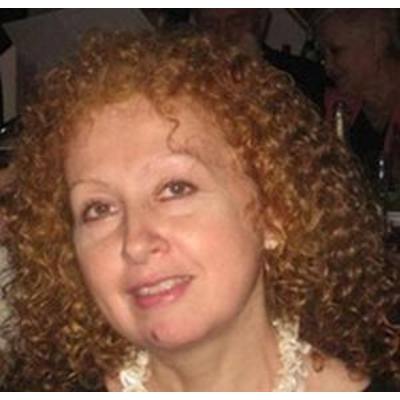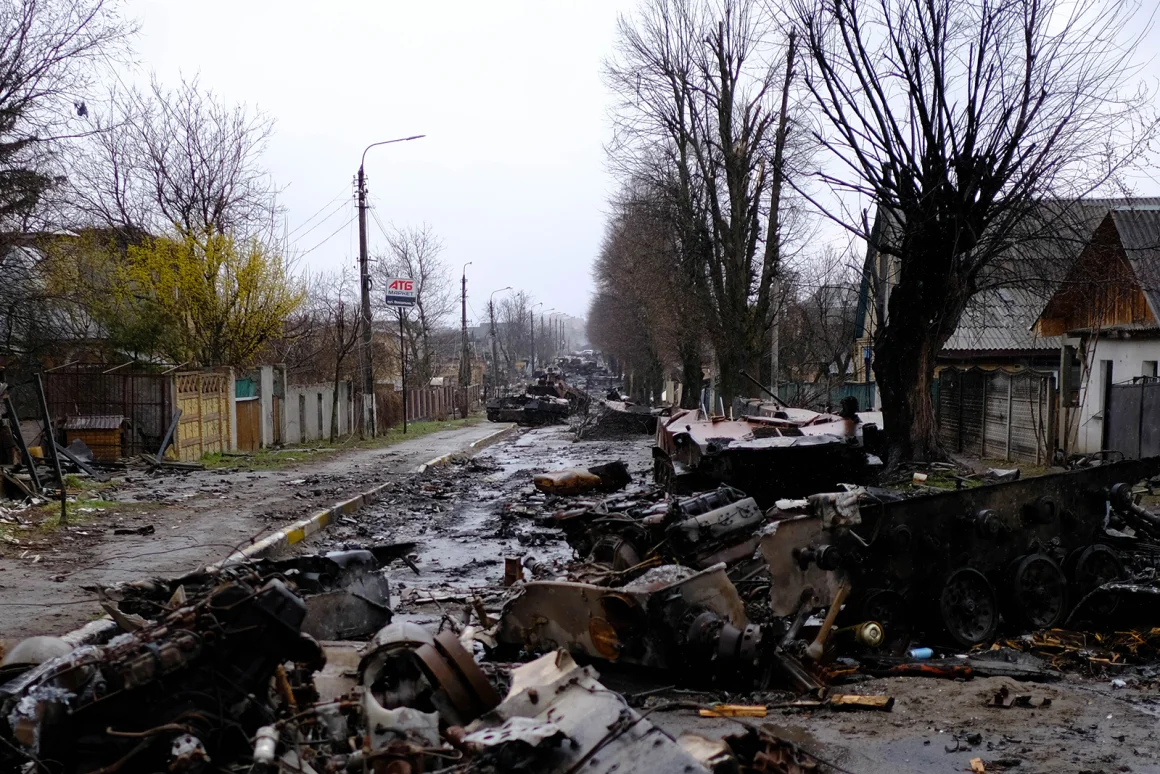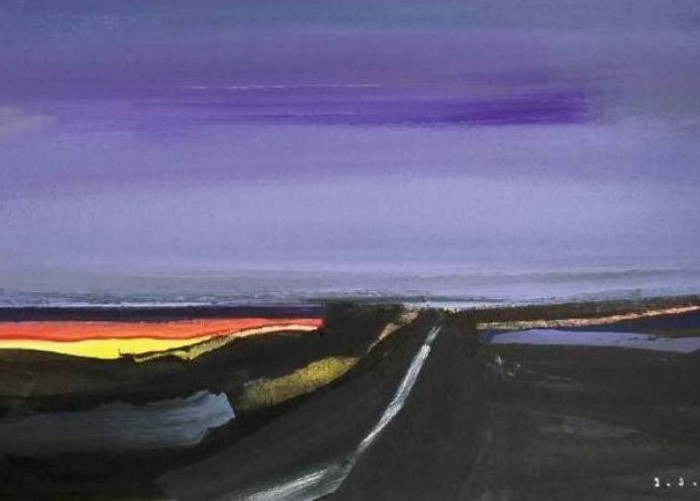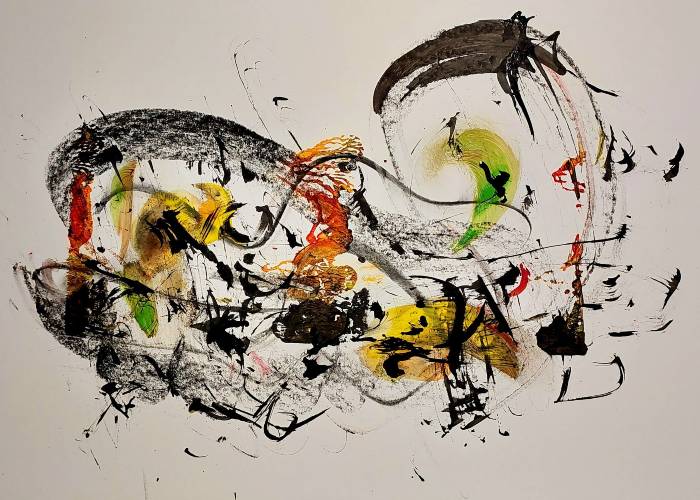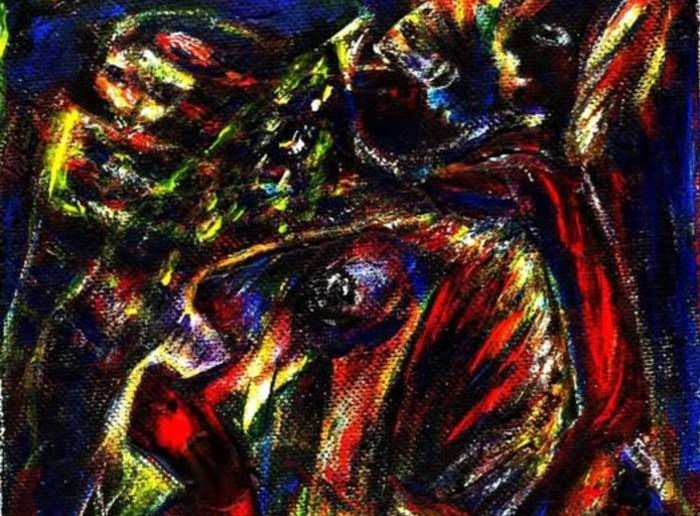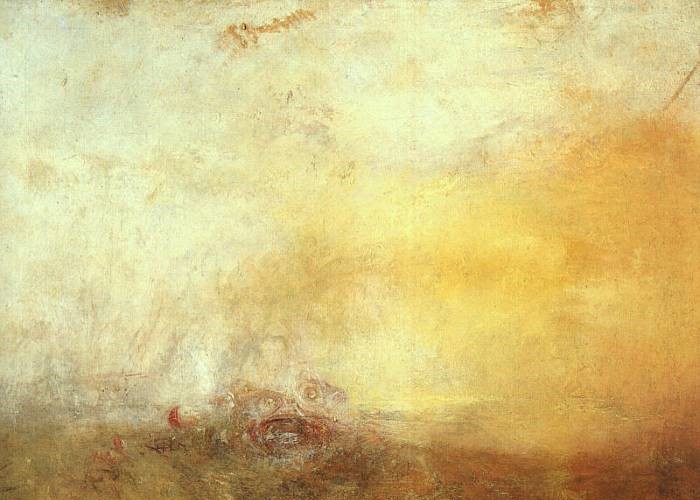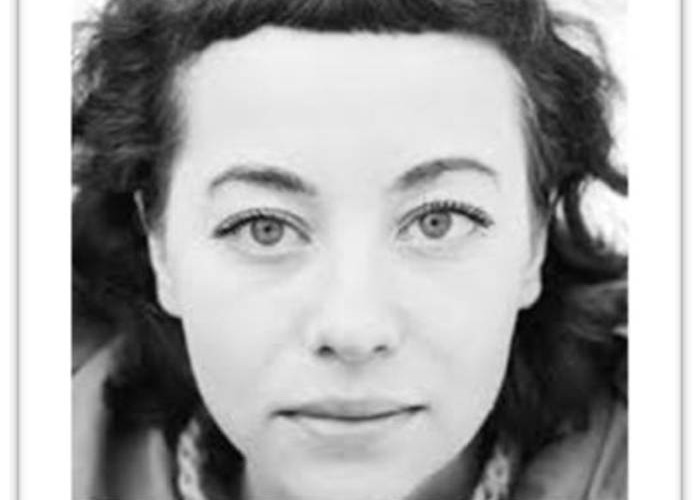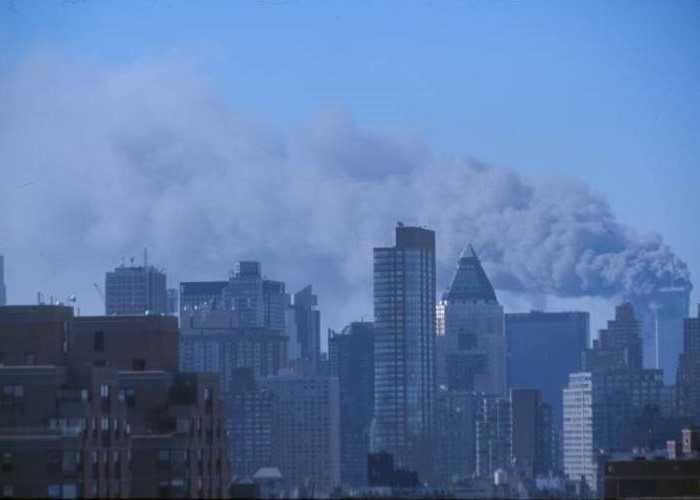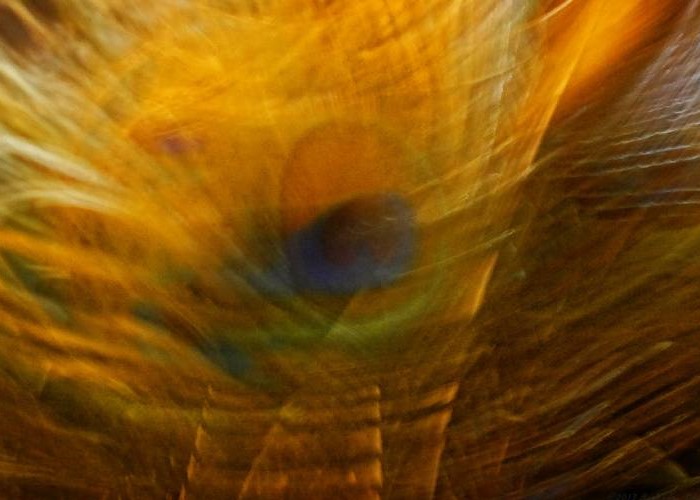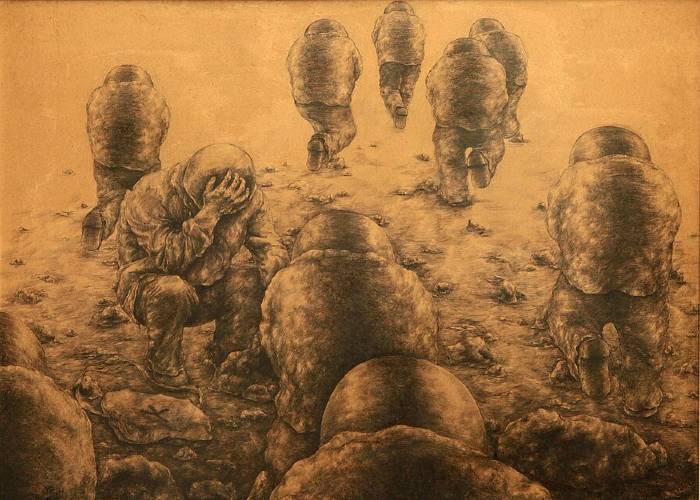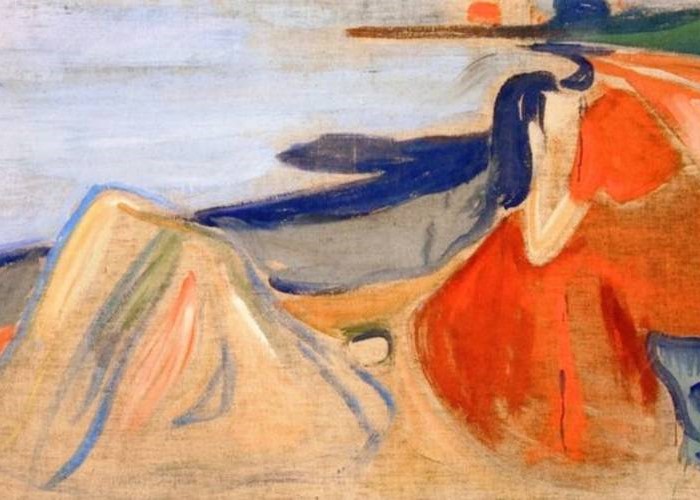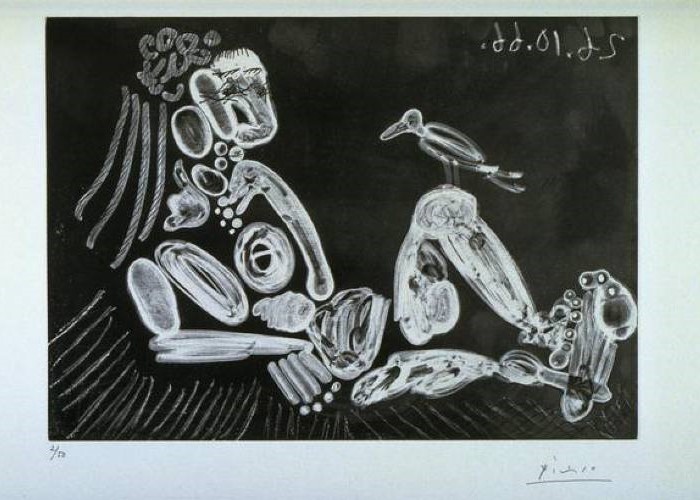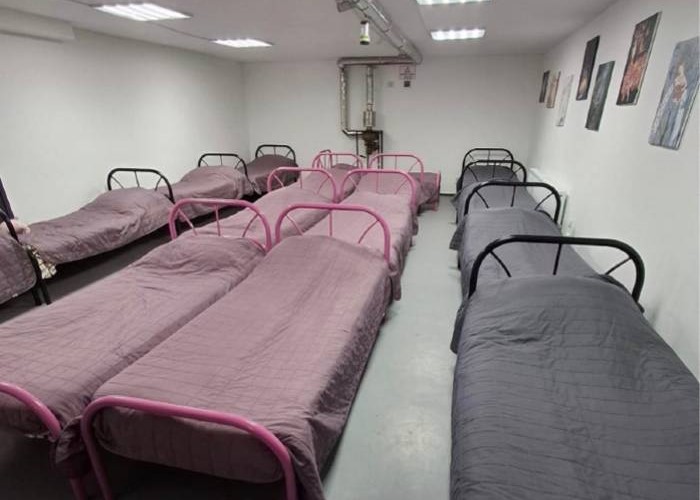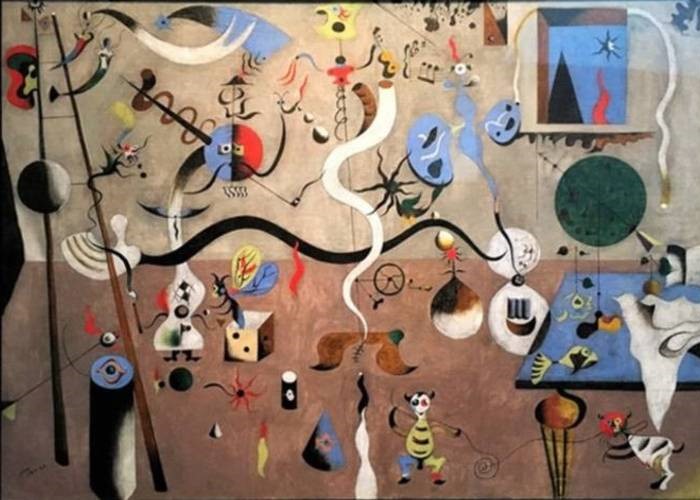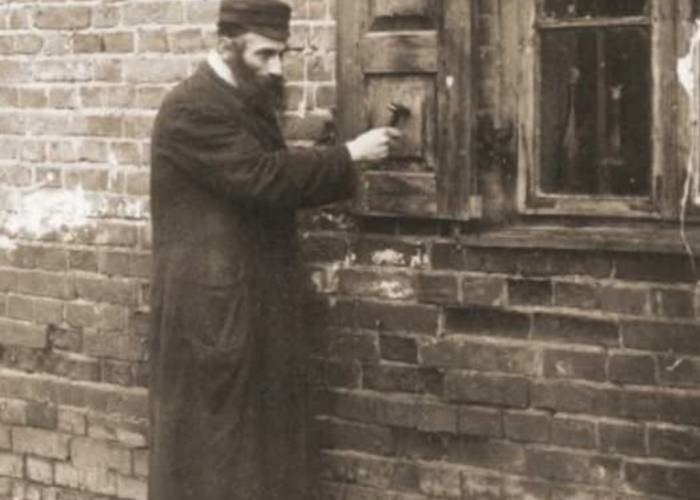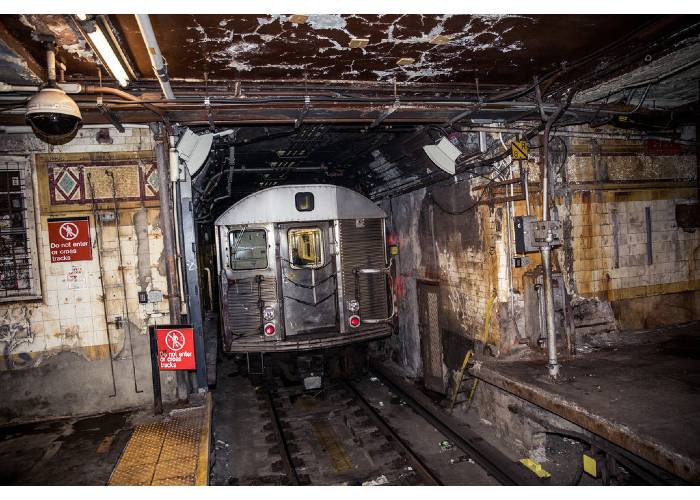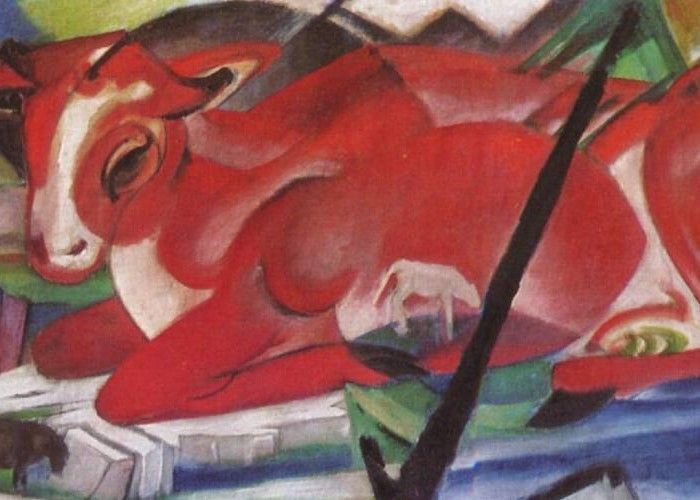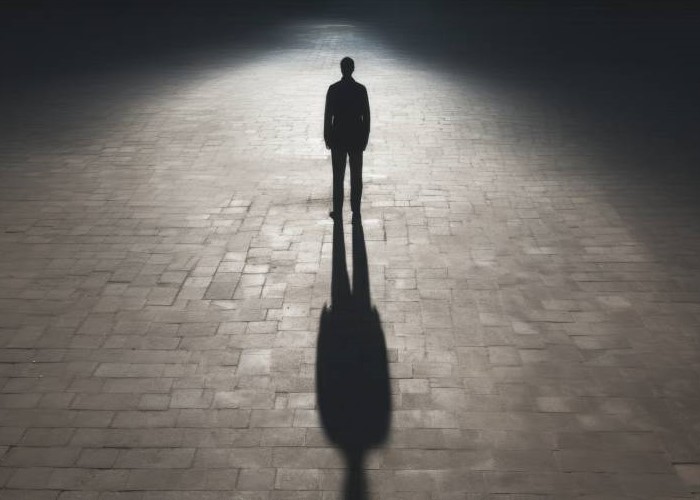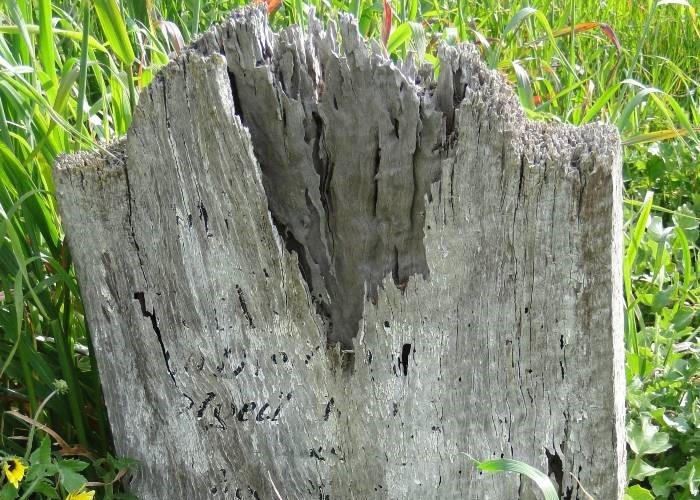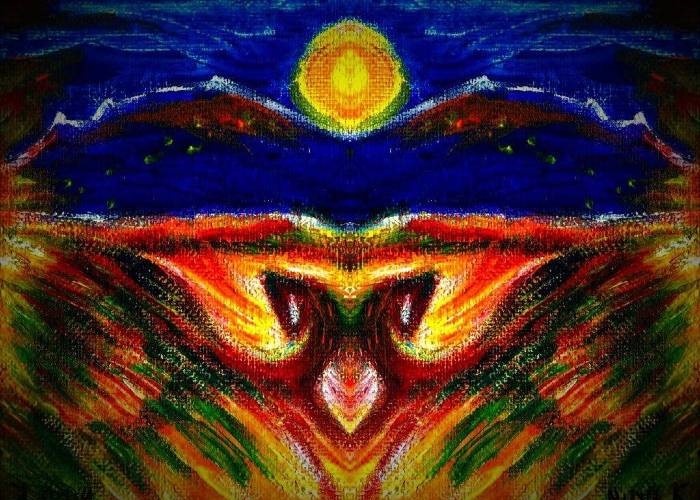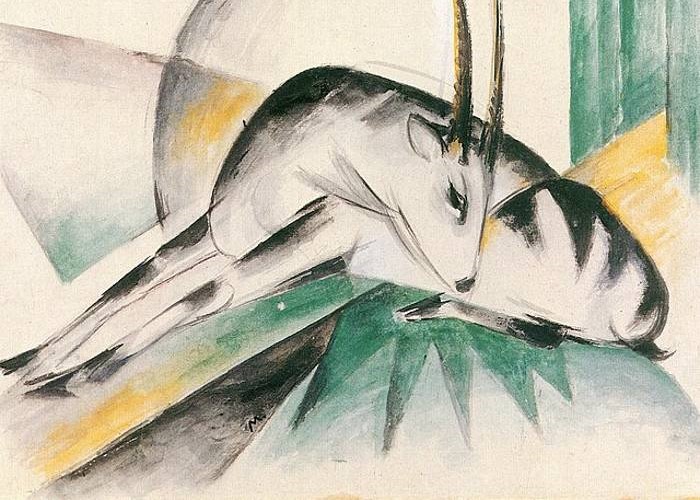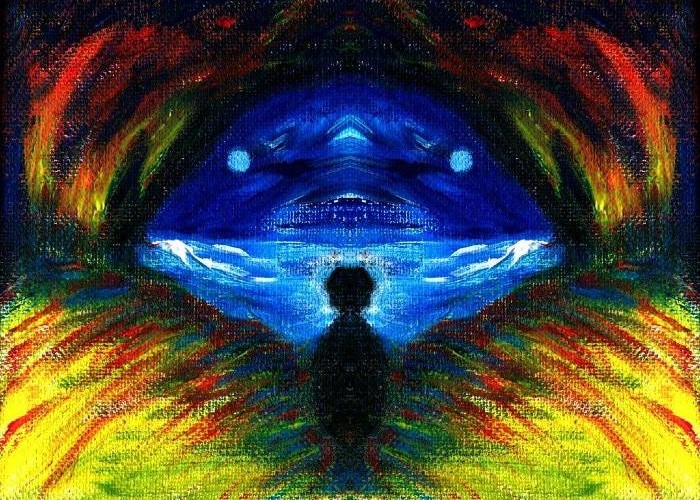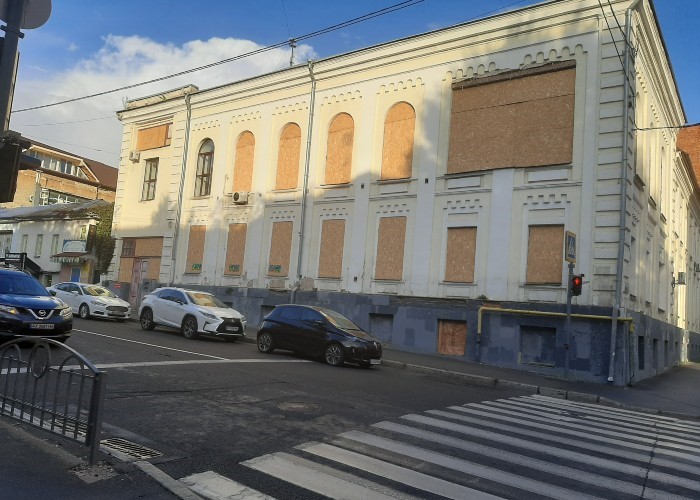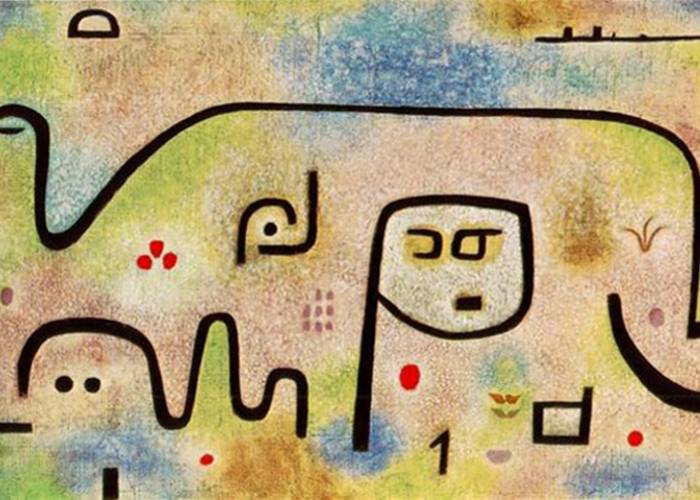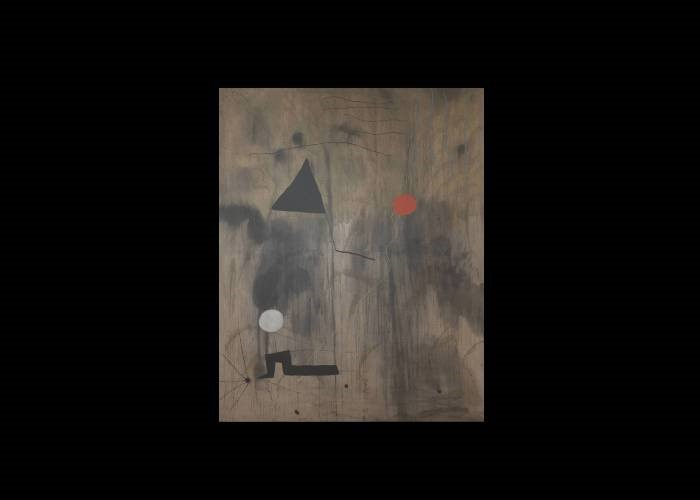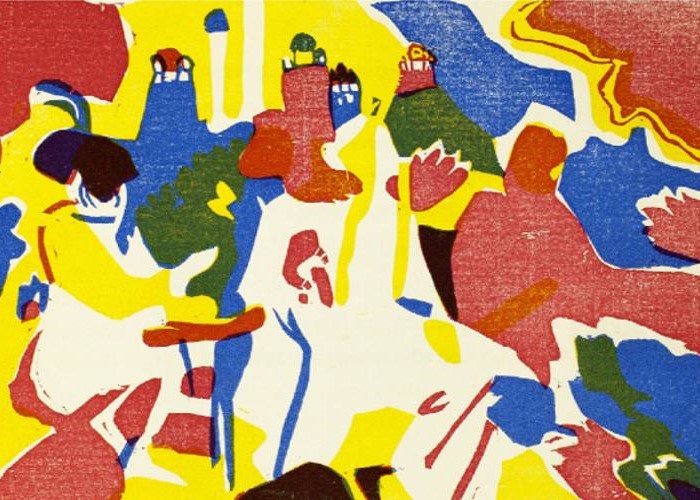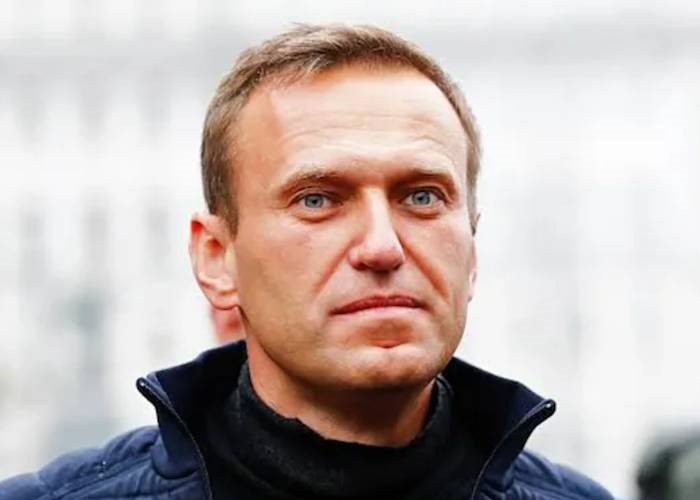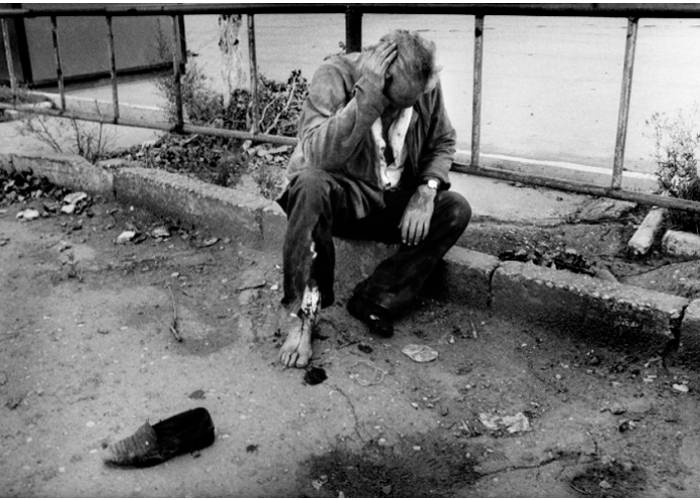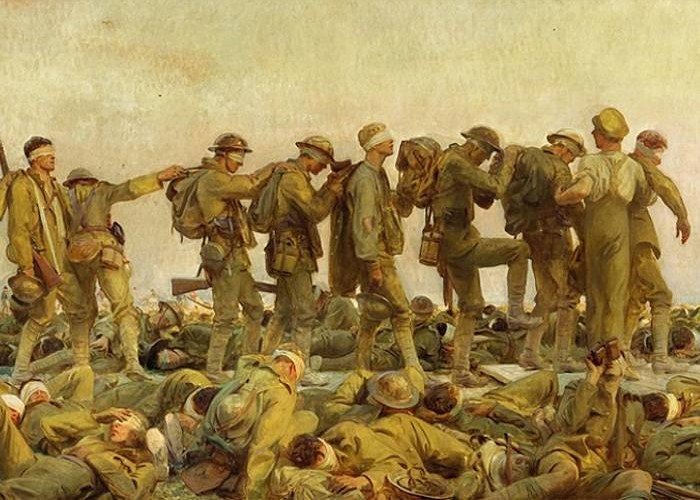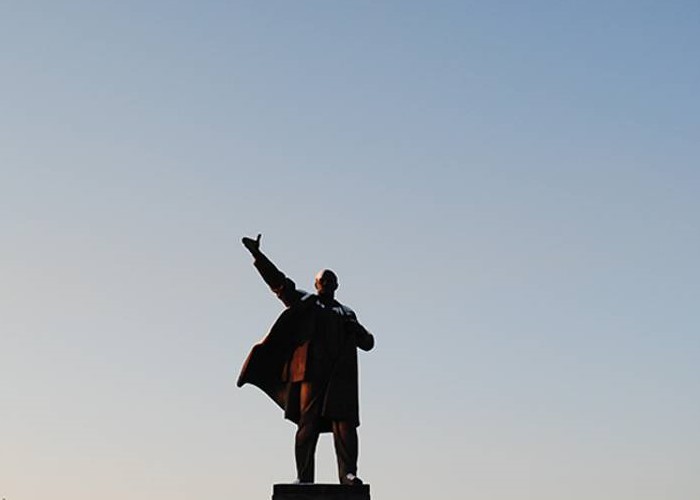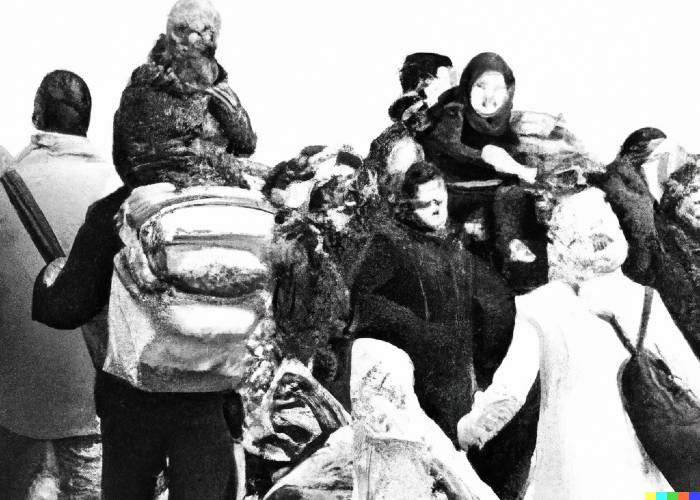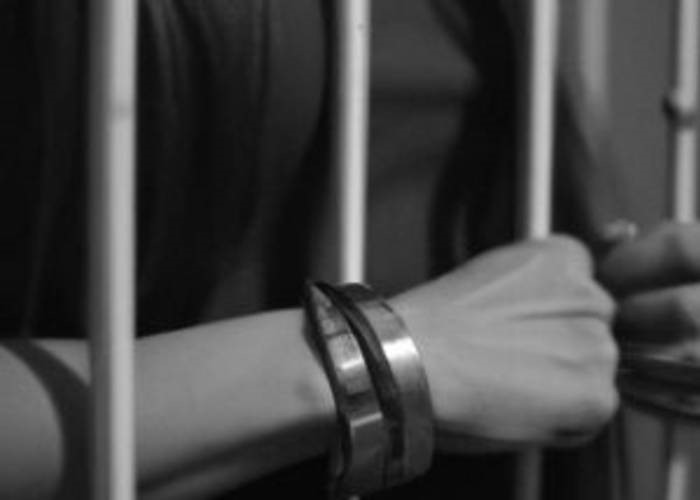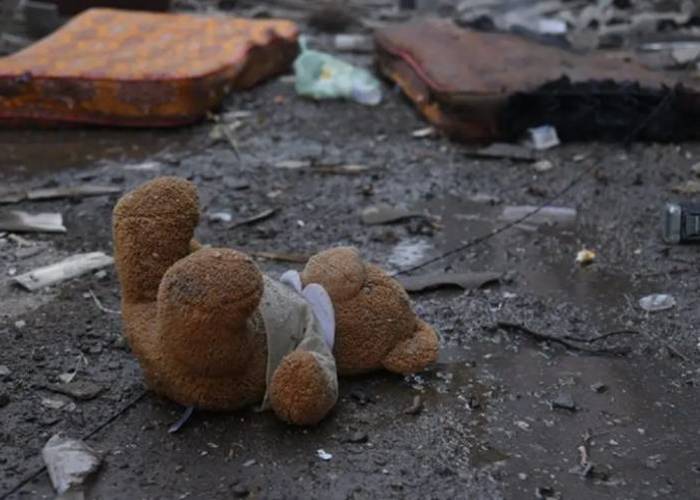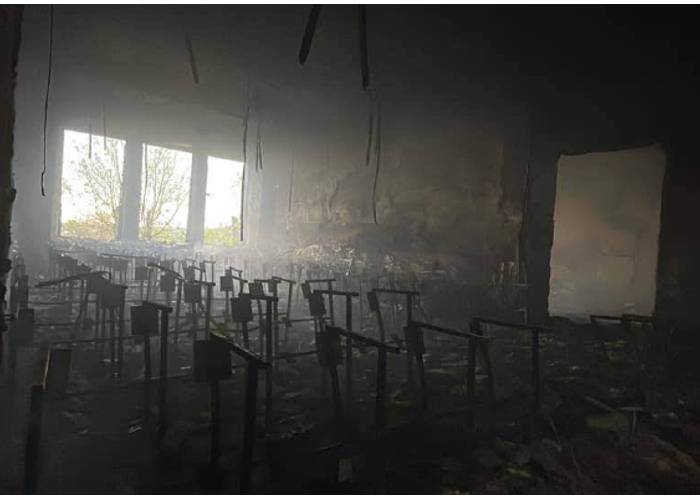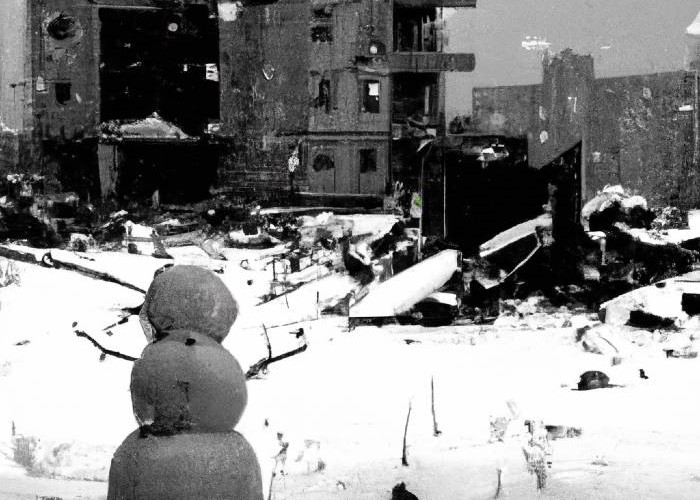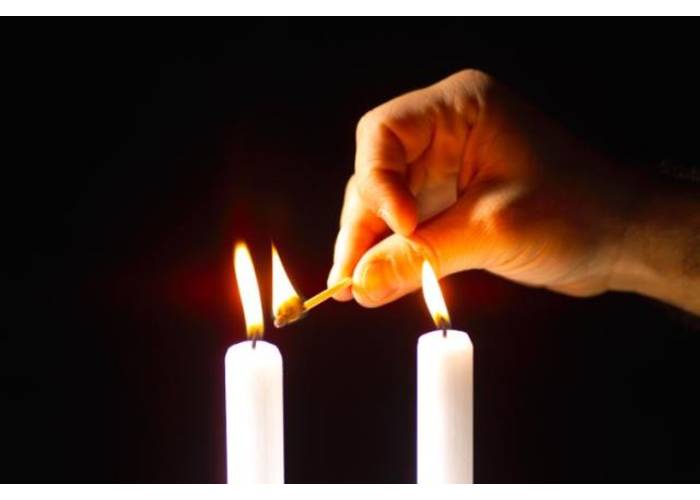I come to visit a rabbi,
a purportedly wise and learned man.
Are you Jewish? – he asks me
with a self-important look.
Well, undoubtedly, I’m Jewish.
Just take a look at my name;
it will tell you a lot about me.
With this name, it wasn’t easy
to live in the Soviet state.
But the rabbi doesn’t care.
He speaks sharply. He interrupts.
Do I light the Shabbat candles
every week before Shabbat?
That’s what worries him,
that’s what matters the most to him.
It’s not nice to lie to the rabbi:
No, I don’t light the Shabbat candles.
But, honestly, I remember
all the signs of being Jewish
that were typical for us.
I affirm: my mom and dad,
my uncles and my aunts
spoke and read and wrote in Yiddish.
But the Rabbi isn’t moved.
Did your mother light the candles? –
he goes on stubbornly.
And again, I must be honest:
“If she lit the Shabbat candles,
that is not what I remember,
but she baked the most delicious
hamentashen for Purim,
and she cooked gefilte fish
for Rosh Hashanah.”
This upsets the poor rabbi,
he is shaking in frustration:
Did your grandma light the candles? –
now he almost screams at me.
Sadly, I never met my grandma:
she had been forced into the ghetto.
In those days the light was fading,
how could she think of candles?
Not the candles – Auschwitz ovens
burned daily at that time,
so that people of her nation
would burn in fires worse than hell.
Grandmother, surely, was Jewish,
no one doubted that for a moment,
no one asked her any questions,
when they came to take her life.
I’m certainly no wiser than you,
you’re a scholar, an orthodox,
and a highly respected bookworm,
but I can decide without you
who I am and to whom I was born.
Those ovens are still burning
in my speech; it is full of fires–
take them for your Shabbat candles
and don’t you dare blow them out!
